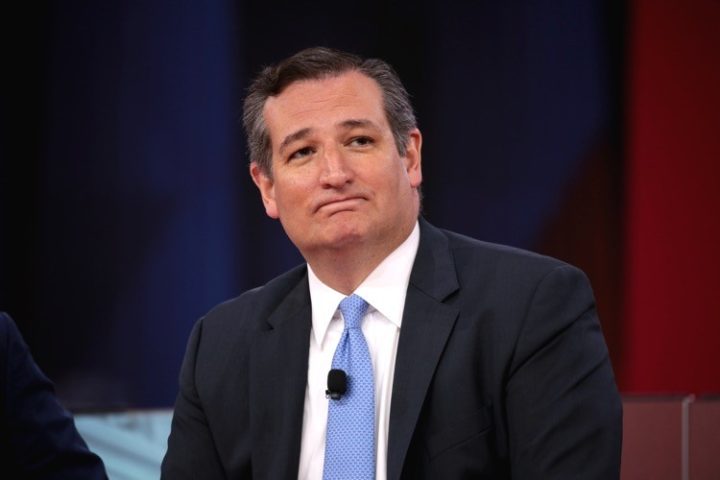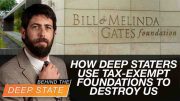
In his Farewell Address, George Washington offered Americans much sound advice, which included his opinion on the value of a written constitution. “If in the opinion of the people,” Washington said, “the constitutional powers be in any particular wrong, let it be corrected by an amendment in the way the Constitution designates. But let there be no change by usurpation, of though that in one instance may the instrument of good, it is the customary weapon by which free governments are destroyed.”
Although few would regard Senator Ted Cruz of Texas as a modern-day Washington, Cruz offered similar sentiments Tuesday in publicly calling upon the U.S. Supreme Court to hear an expedited appeal of a case challenging the election results in Pennsylvania. Cruz said the case “raises serious legal issues.”
Representative Mike Kelly (R-Penn.) has filed an appeal arguing that the Pennsylvania Legislature passed a law which violated the state Constitution of Pennsylvania. The law expanded the use of absentee voting in ways that state’s Constitution does not allow. Yet, the Pennsylvania Supreme Court dismissed Kelly’s suit, arguing on procedural grounds that it was brought too late.
Cruz, a former solicitor general in Texas and a former law professor at the University of Texas Law School, is — so far — the only U.S. Senator to publicly endorse Kelly’s suit. “Hearing this case now — on an emergency expedited basis — would be an important step in helping rebuild confidence in the integrity of our democratic system.” Right now, that confidence is at a low ebb. Cruz cited a Reuters Poll, which found that almost 40 percent of Americans believe that the election was rigged.
Cruz said that the Pennsylvania Supreme Court’s ruling makes it practically impossible to challenge an unconstitutional law. “Even more persuasively,” Cruz added, “the plaintiffs point out that the Pennsylvania Supreme Court has also held that plaintiffs don’t have standing to challenge an election law until after the election, meaning that the court effectively put them in a Catch-22: before the election, they lacked standing; after the election, they’ve delayed too long.”
“The result of the court’s gamesmanship is that a facially unconstitutional law can never be judicially challenged,” Cruz concluded.
“Standing” is the legal principle that a person must have a personal interest in the outcome of the case before they can bring it to court for a judicial determination. While one can certainly understand the principle, it has long been suspected that judges will often invoke that a plaintiff lacks standing, simply because it is an easy way not to hear a plaintiff’s case. In this case, the Pennsylvania Constitution is quite clear, and using lack of standing as a way to refuse to hear the case, or saying it was brought “too late” (after the election) could very well be a ploy to allow the election results to stand, without needing to blatantly and openly disregard the state’s constitution.
Certainly, there is much suspected voter fraud in the election just past. But in this case, the act of the Pennsylvania Legislature in ignoring the state constitution is what allowed the most significant part of that fraud to take place in that state. The Legislature passed an election bill that violated the state’s constitution, and allowed the number of mail-in ballots to increase from a little over a quarter million to more than two and one-half million. Article VII of the state constitution explicitly states that there may be no alternatives to voting on Election Day in-person, other than those approved to receive absentee ballots. No exception is cited for an “emergency.” Judge Patricia McCullough issued an injunction on the certification of ballots in Pennsylvania to give the courts and the Legislature the opportunity to work this problem out, ruling, “Petitioners appear to have established a likelihood to succeed on the merits because petitioners have asserted the Constitution does not provide a mechanism for the legislature to allow for expansion of absentee voting without a constitutional amendment.”
It is understandable that judges do not want to throw out 2.6 million votes, but if constitutions are not going to be followed by legislators and judges, what good are they? As the legendary Congressman John Randolph of Roanoke once said, constitutions are “just parchment” if we don’t follow them.



